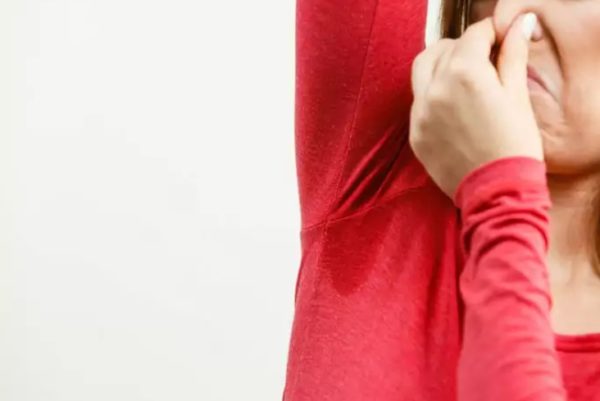
Do you also wake up with a sweaty shirt in an air-conditioned room? Chances are you may be night sweating.
It is a common sign for a host of medical conditions that you’re probably unaware of.
Majority of us wake up feeling sweaty and hot once in a while and these night sweat is your body’s way of telling you that something is wrong.
It is important to contact your physician if you see a repetitive sign of night sweating. Here are some causes of night sweating…
1. Cardiovascular issues
Obese people are more likely to succumb to night sweating due to cardiovascular issues, diabetes and high blood pressure.
2. Autoimmune disorders
Night sweating could also be a sign of autoimmune disorders such as lupus, celiac diseases and rheumatoid arthritis.
3. Hormone disorders
Hormone disorders such as hyperthyroidism often make a person prone to night sweating. Hot flashes are a common after-effect.
4. Cancer
Lymphoma is the most common type of cancer associated with night sweating.
5. Infections
Tuberculosis and HIV are most commonly associated with night sweating. Other than this, bacterial infections like endocarditis (inflammation of the heart valves) and abscesses like boils and appendix are other causes of night sweating.
6. Hypoglycaemia
Low blood sugar level is a cause for night sweating. Those taking insulin for diabetes and taking medication for lipid disorders are prone to night sweating.
7. Medications
Not all, but some specific medicines to treat diabetes as well as some hormone-blocking drugs can lead to night sweating.
8. Anti-depressants
Anti-depressant medications are a common type of drug that can lead to night sweats. Anti-depressants disrupt your ability to function properly and alter things like temperature, metabolism and hormonal functioning of the body.
9. Menopause
Night sweats during both post-menopausal and pre-menopausal phase is common. These can occur in the form of hot flashes.
10. Neurological conditions
Conditions like stroke, autonomic neuropathy, and autonomic dysreflexia may cause increased sweating and night sweats in patients.

